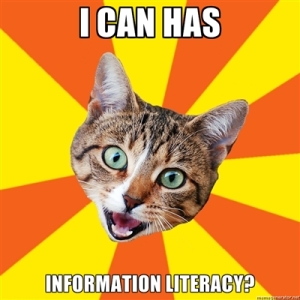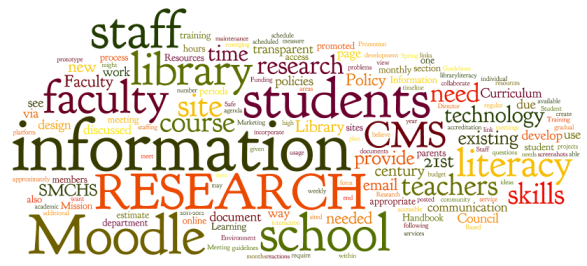I have mixed feelings about the rise of geolocation services. As the parent of a 12-year old girl I am faced with a dilemma: Do I buy a cell phone for my daughter who will be entering middle school in Fall 2013? A few years ago I thought that it was ludicrous to buy a cell phone for a child under age 15. But, I have changed my mind based on the responses of other tween parents. Here are some reasons why a tween needs a (smart) phone:
- There are no pay phones at school or anywhere else in the community.
- The closest middle school is 6.7 miles from our neighborhood.
- Kids need some type of Internet access as a tool for school work – purchasing a smart phone will serve this need and provide a phone.
- I can use the location service to keep tabs on my child’s whereabouts.
Part of me thinks that location-based services are bad because they make it too easy for people (especially young, naïve people) to give away too much personal information to strangers. Another part of me realizes that people must accept their responsibility to read Terms of Agreement and Privacy Information notices prior to accepting the Terms of Use for anything – and especially before enabling location services. As a parent and an educator I believe that information literacy is a vital skill. Every day I observe the geolocation habits of high school students. In short, they want their friends to know where they are (Coachella Festival this weekend!) and don’t want any adults to know where they are. Teens know how to disable the location services on devices with GPS to prevent parents or creepers from knowing where they are. It is the responsibility of educators and parents to teach students the skills that can be categorized as part of 21st century skills and information literacy.
References
Association of College and Research Libraries: a division of the American Library Association. (2011, June). Information literacy for faculty and administrators. Retrieved from http://www.ala.org/acrl/issues/infolit/overview/faculty/faculty
Federal Communications Commission. (n.d.) Children’s Internet Protection Act. Retrieved from http://www.fcc.gov/guides/childrens-internet-protection-act
Foote, A. (2010, October 20). Four geolocation trends to watch. Retrieved from http://www.edelmandigital.com/2010/10/20/four-geolocation-trends-to-watch/
Lunden, I. (2012, March 1). Tipping point: smartphone owners now outnumber other mobile users in the U.S.. Retrieved from http://techcrunch.com/2012/03/01/tipping-point-smartphone-owners-now-outnumber-other-mobile-users-in-the-u-s/
Images
Creeping on Facebook. Retrieved from http://www.quickmeme.com/meme/3p1mcm/
Geolocation on smart phone. Retrieved from http://www.onbile.com/info/geolocation-on-mobile-device/
Information literacy cat. Retrieved from http://memegenerator.net/instance/27883295



